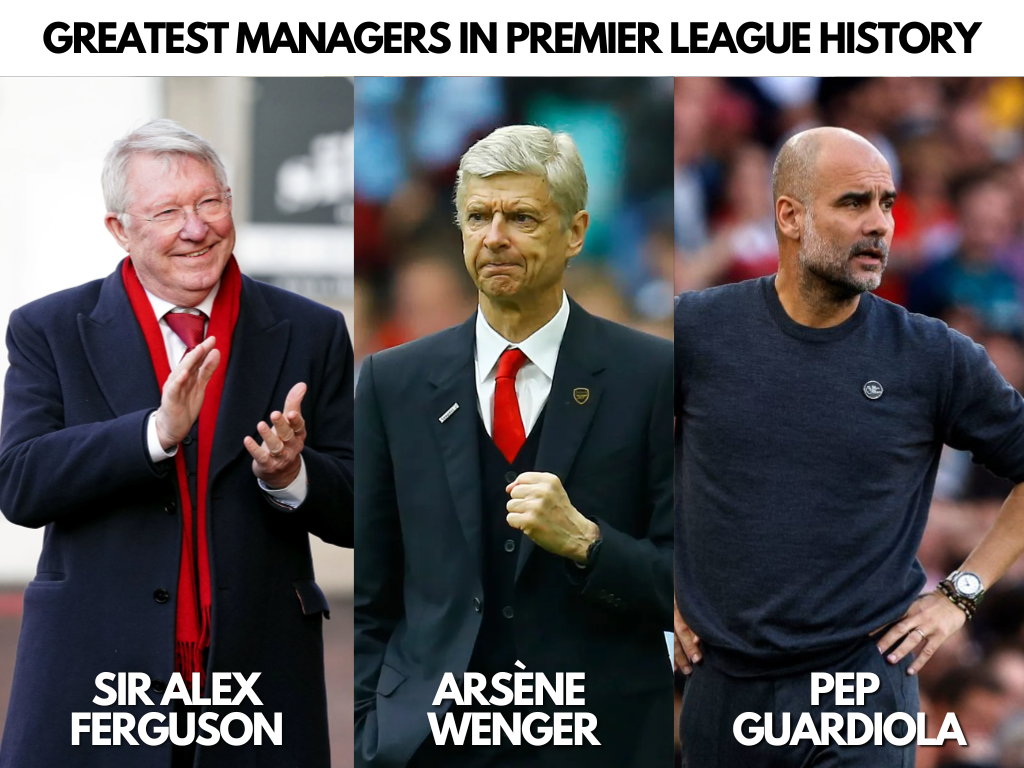Like a well-drilled football team, a successful real estate project marketing team relies on diverse individuals playing their specialized roles in perfect harmony. While their goals (on-field vs. property sales) differ, the teamwork principle stays strong. Let’s refine the comparison between football positions and real estate agents:
The Goalkeeper: The Steadfast Project Manager
Just like the last line of defense, the project manager holds the fort, ensuring everything runs smoothly. Think of the project manager as the captain and the last line of defense. They:
- Lead and coordinate: Set team goals, delegate tasks, and ensure everyone is on the same page.
- Troubleshoot issues: Anticipate and solve problems, ensuring the project stays on track and within budget.
- Communicate effectively: Keep everyone informed, motivated, and accountable.

The Defenders: The Solid Back-Office Team
Mirroring the defenders who tirelessly protect the goal, the back-office team provides crucial support. The unsung heroes, like the tireless defenders, provide essential support:
- Handle paperwork and documentation: Ensure legal compliance and smooth transactions.
- Manage administrative tasks: Take care of logistics, scheduling, and data management.
- Provide research and analysis: Gather market data and prepare reports for informed decisions.

The Midfielders: The Versatile Playmakers and Connectors
The midfielders orchestrate the flow of the game, similar to the real estate agent with strong presentation, market, and product knowledge. They qualify and nurture leads, providing insightful tours, addressing concerns, and skillfully navigating negotiations. They act as playmakers, crafting compelling presentations and persuasive pitches, converting leads into potential buyers.
The midfielders are the heart of the team, driving the action:
- Qualify and nurture leads: Identify potential buyers, assess their needs, and build relationships.
- Give insightful tours and presentations: Showcase properties effectively, highlighting key features and benefits.
- Negotiate deals: Secure the best possible terms for both buyer and seller.
- Act as playmakers: Develop creative marketing strategies, generate engaging content, and leverage digital tools.

The Forwards: The Decisive Closers
Think of the forwards as the goal scorers – masters of persuasion and closing techniques. Their keen understanding of buyer psychology and knack for crafting irresistible offers help convert hesitant leads into proud property owners.
The closers, like the strikers, finish the job:
- Understand buyer psychology: Identify motivations and concerns, build trust, and overcome objections.
- Craft compelling offers: Package deals with attractive incentives and financing options.
- Seal the deal: Secure property sales with confidence and finesse.

The Manager: The Orchestrator and Coach
While each team member has their individual strengths and responsibilities, the manager functions as the:
Coach:
- Identifies individual talents and weaknesses.
- Provides training and development opportunities to enhance skills.
- Motivates and inspires the team to achieve their best.
- Fosters a positive and supportive team environment.
Tactician:
- Develops overall team strategy and goals.
- Creates game plans for specific projects or challenges.
- Adapts strategies based on market trends and buyer preferences.
- Analyzes team performance and identifies areas for improvement.
Motivator:
- Sets clear expectations and performance metrics.
- Celebrates successes and acknowledges individual contributions.
- Addresses challenges constructively and provides coaching support.
- Creates a culture of continuous learning and improvement.
Leader:
- Represents the team and builds relationships with key stakeholders.
- Negotiates contracts and deals on behalf of the team.
- Makes strategic decisions in collaboration with the team.
- Ensures the team operates ethically and with integrity.
While the manager doesn’t directly map to one football position, they are like the coach, captain, and even the referee combined. They guide, strategize, motivate, and ensure the team plays by the rules, ultimately leading them to victory.

The Synergistic Advantage
Just like a football team’s success hinges on individual strengths combined into a cohesive unit, real estate teams thrive on collaboration. Recognizing individual talents and fostering support within the team is crucial. The lead generator who struggles with presentations can be paired with the knowledgeable agent, while the closer needing administrative support can leverage the back-office team’s expertise.
Beyond the Analogy: Building a Winning Team
This football-inspired analogy highlights the importance of individual roles within a real estate team. However, building a winning squad requires more than just aligning positions. Effective communication, shared goals, and a culture of continuous learning are key ingredients for success. Remember, just like a well-trained football team adapts its strategy based on the opponent, real estate teams must be flexible and responsive to market trends and buyer preferences.

Remember, this analogy is a starting point. Real estate teams can be more nuanced:
- Specialized roles: Depending on project size and complexity, there might be dedicated marketing specialists, social media managers, or legal advisors.
- Fluid roles: Individuals might wear multiple hats, adapting their skills to different situations.
- Teamwork makes the dream work: Collaboration, communication, and a shared vision are crucial for success.
So, the next time you witness a real estate team working their magic, remember the intricate ballet of skills and teamwork, mirrored in the beautiful game of football. By understanding the core functions and fostering a strong team spirit, your real estate project marketing team can become a winning force, scoring big in the competitive market.


